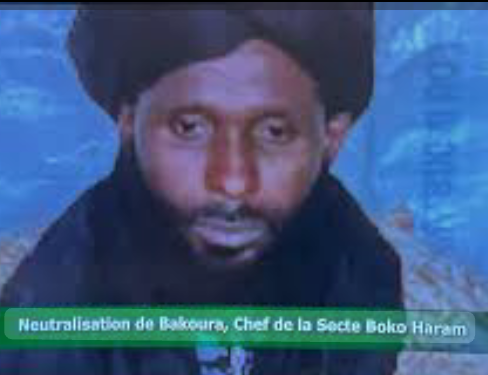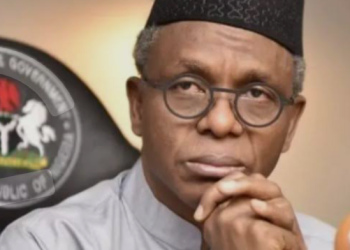By Zagazola Makama
Boko Haram Leader, Ibrahim Bakoura Doro, alias Abu Oumaimah, has denied reports by the Government of Niger Republic that he was killed in recent military operations in the country’s Diffa region.
The Nigerien Armed Forces (FAN) had, on Friday, announced that Bakoura was eliminated alongside several insurgent commanders during precision airstrikes carried out on August 15, 2025 in Korongol, Kournawa and Shilawa.
The strikes, according to FAN, destroyed Boko Haram logistical bases, neutralised dozens of fighters and eliminated high-ranking commanders, including Bakoura, described as a central figure in the group’s hierarchy.
The operation was celebrated as a major success, with Niger’s Head of State, General Abdurahamane Tiani, identifying Bakoura as one of the key actors allegedly involved in attempts to destabilise the country.
However, in an intercepted communication obtained by security sources on Saturday, Bakoura dismissed the report of his death as false.
He was heard telling his commanders that he saw the news of his “killing” on social media, as announced by Niger Republic and circulated by conflict analyst, Zagazola Makama.
While admitting that the airstrikes indeed took place, he insisted that he was not among those killed.
Army General Abdurahamane Tiani, Niger’s Head of State, had earlier identified Bakoura as one of the key actors allegedly involved in attempts to destabilise the country.
Zagazola Makama had reported that independent verification of Bakoura’s death has not been established.
Conflict analyst Makama noted that the claim could not be independently verified, but stressed that if confirmed, it would mark a major victory for counterterrorism operations in the Sahel.
Security experts believe the alleged killing of Bakoura, who has long been associated with Jama’at Ahl al-Sunna li al-Da’wa wa al-Jihad (Boko Haram), would represent both a symbolic and operational blow to the insurgents across the Lake Chad Basin.
Niger remains a frontline State in the regional fight against terrorism, and despite its withdrawal from the Multinational Joint Task Force (MNJTF), is often collaborating with Nigeria, Chad and Cameroon under bilateral engagements.









